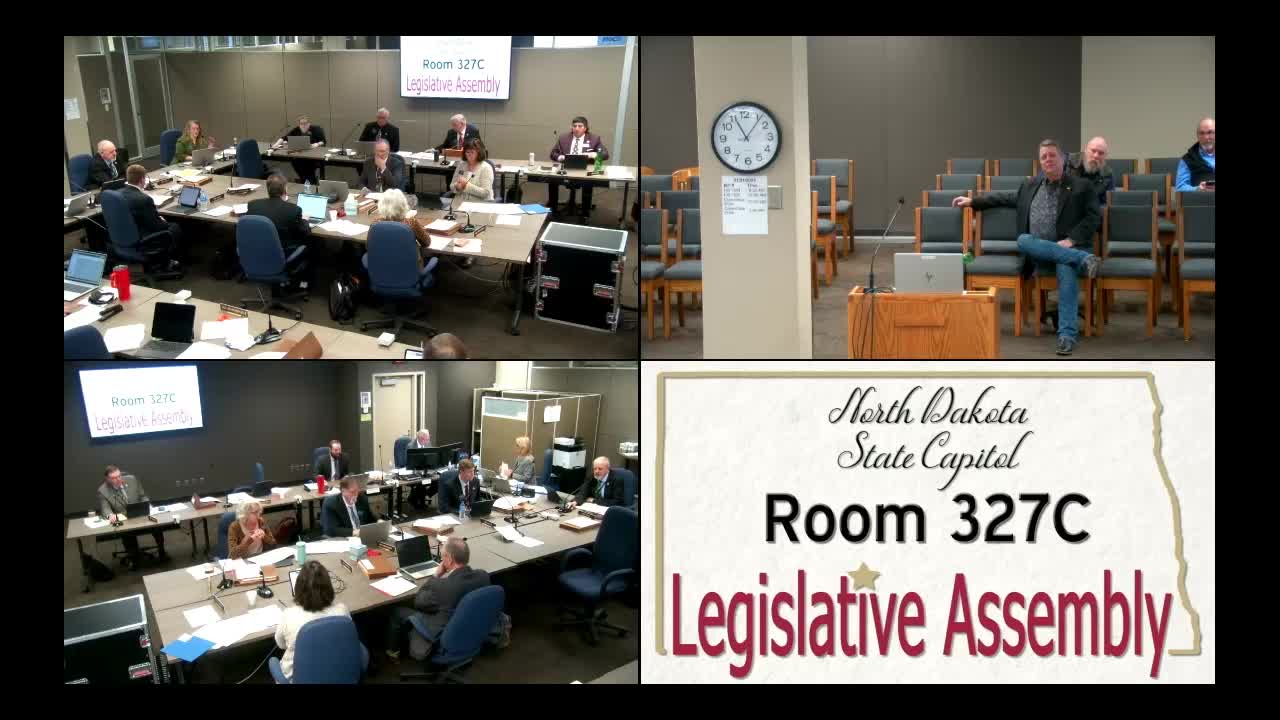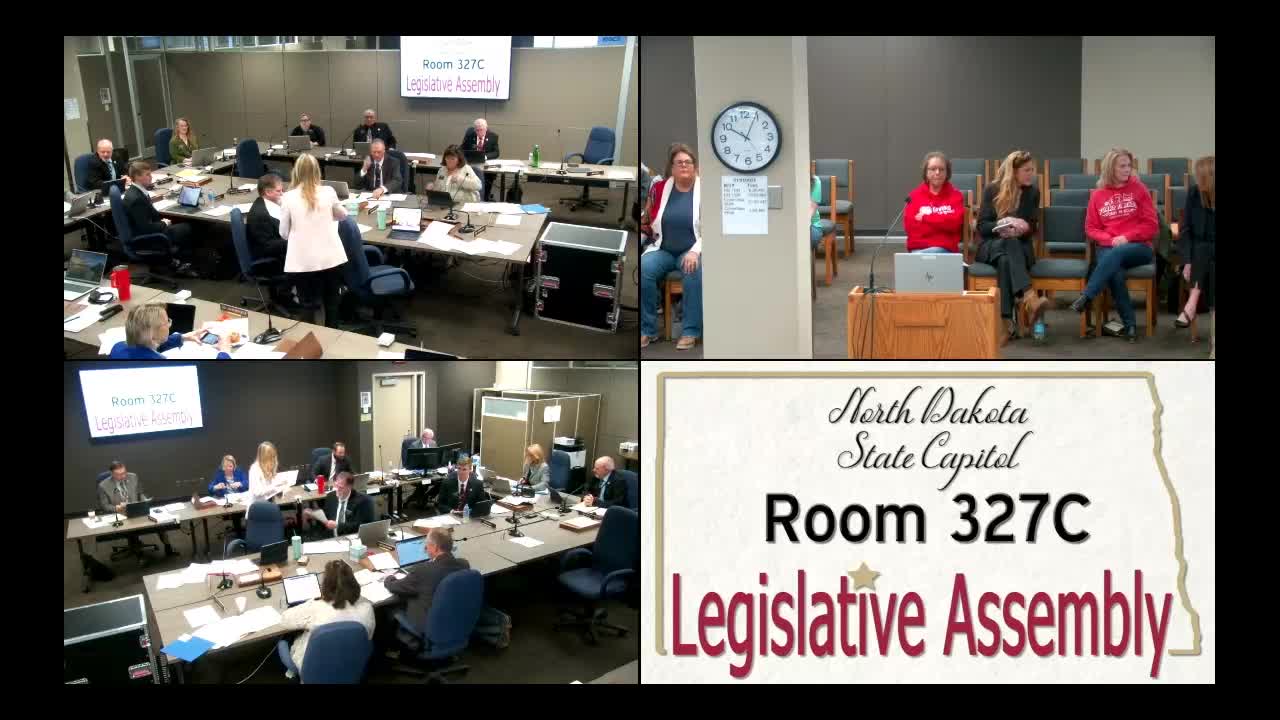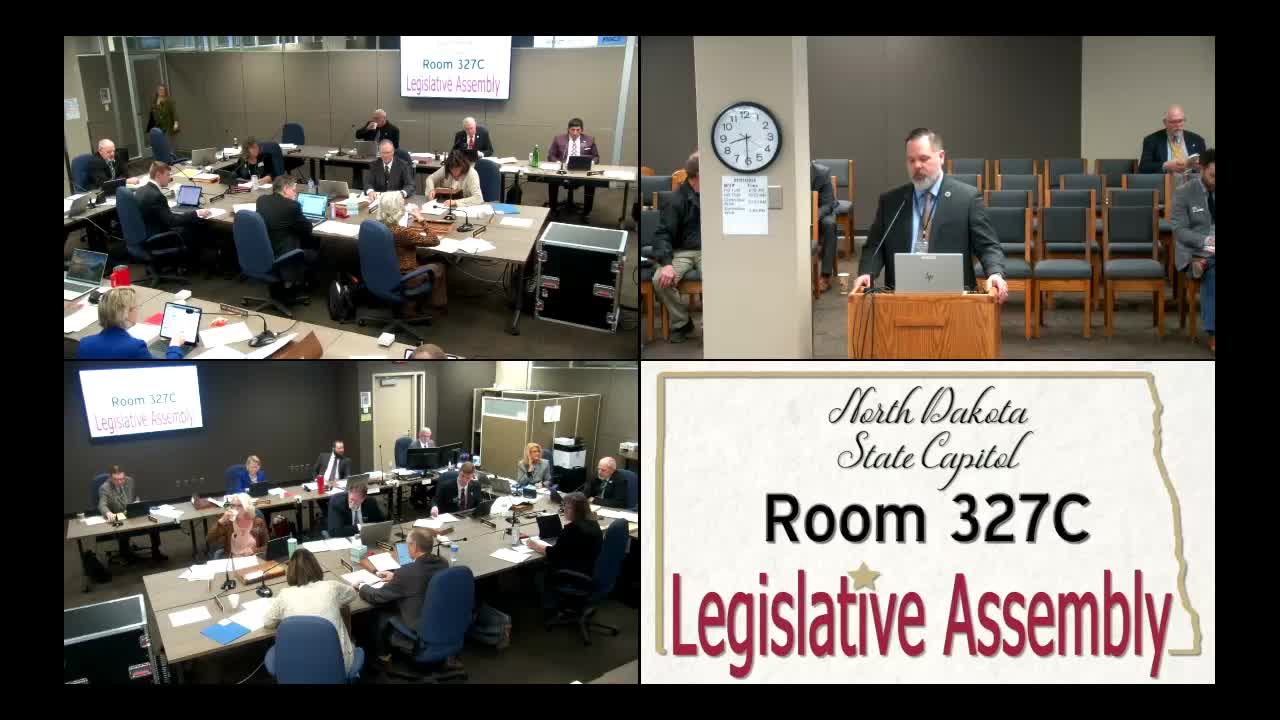Article not found
This article is no longer available. But don't worry—we've gathered other articles that discuss the same topic.

Committee roundup: House Ag committee amends and advances several bills, hears two hearings

House Ag committee hears bill to fund spay-and-neuter grants from existing environment and rangeland fund

